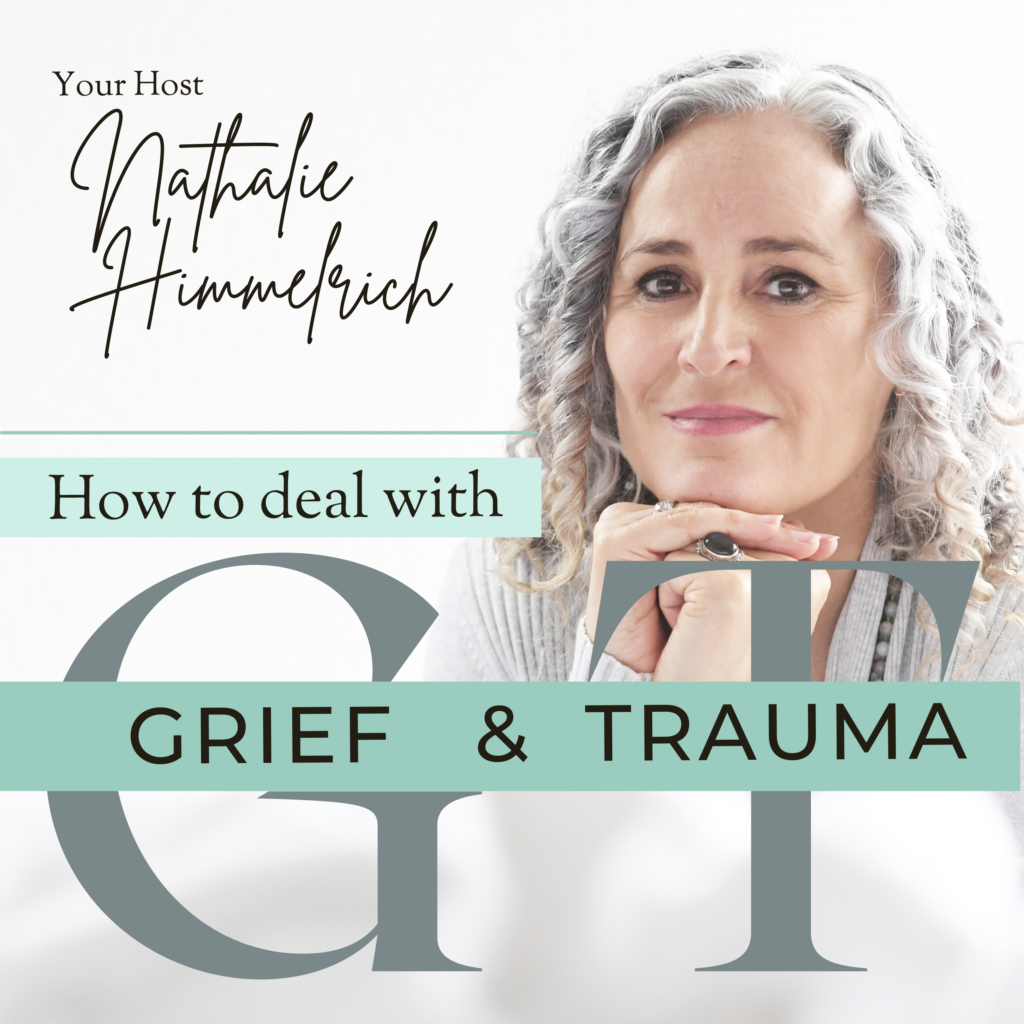What is the right kind of grief support and how can I find it? This is the question that each and every one of you reading this will have asked yourself.

Where to find support?
I did too when I was freshly bereaved. Luckily I had a wonderful General Practitioner who referred me to a therapist who I, being a therapist, didn’t have to coach on how to be with me, talk to me, and treat me.
Looking back, she was very supportive and, as I later found out, was also pregnant at the time. I don’t know where I would have been without seeing her and being able to have a sounding board checking on my mental health. She made me feel normal in a situation where I felt as if I was going crazy. She helped me gain perspective and start my journey of dealing with grief before my subsequent and traumatic loss of my mother through suicide.
Am I doing grief ‘right’?
My request for my therapist was to help me gain an understanding of grief and loss. I need to know if I was doing it ‘right’. Even though I understood it from a therapist’s point of view and worked with clients facing grief, I was well aware that going through the experience myself was a completely different pair of shoes.
As a couple, we also went to a grief support group led by the hospital at which I had given birth. This was very helpful for both of us. We got to meet other mothers and fathers, who had also lost a child. We could benefit from listening to their situations and their way of dealing with them.
So how can you find suitable support for yourself?
First of all, you need to decide and find out what it is that you need. The following questions can help you:
- Do I need or prefer one on one support or group support or anything else that might support me?
- If therapy, do I prefer face-to-face, or am I okay with online therapy?
- If therapy, would I be better at seeing a male or a female therapist?
- If group support, do I prefer face-to-face or an online group?
- If group support, do I want to participate or prefer to be in the background?
- If neither therapy nor group supports me, what else supports me? Reading, writing, gardening…?
- What would you need to be able to incorporate the support that would be best?
Grief and trauma-informed therapy
If you are looking for a therapist and have experienced loss and or trauma, make absolutely sure that your therapist is grief and trauma-informed. What does that mean? Find out whether they have specific training in grief and trauma. You can either check their website on the about us page or ask them when you talk to them. There are multiple different forms of training for trauma some of the ones that I would recommend are Somatic Experience (SE) developed by Peter Levine and the Neuro Affective Relational Model (NARM) developed by Lawrence Heller. you can find practitioners around the world on their practitioners’ websites.
Finding the right therapist
Like any relationship, the therapist-client relationship needs to feel suitable to you personally. You might like to ask a friend for some recommendations. You could also ask for a referral from your doctor, midwife, nurse, or other healthcare providers.
In both of those situations, you still need to try them out to find out whether the two of you are a good fit.
Find out what the therapist offers in a free introductory session or give them a call and ask for 10 minutes of their time to get to know them. (Book a FREE 30 min introductory session with me here.)
Then make an appointment. When you are there sense how this therapist fits you:
- Does the therapist’s room make me feel at ease?
- Do I get a feeling of being supported when I speak to them?
- Do they listen to me, and do I feel validated and understood?
- Do I feel at ease being there?
- Do I feel like making another appointment?
- Does the therapist ask me about my wishes, aspirations, reasons for therapy, and what I would like to achieve through being here?
These questions should be giving her enough information on whether you want to continue therapy with a specific person or try another one.
Grief group support
There are many different grief support groups out there and through the years of COVID people have become used to meeting online if in-person isn’t possible. On the support page, you can find different suggested groups or you can simply search them yourself based on the specific topic that you need support with, for example, pregnancy loss, child loss, loss through suicide, homicide loss, loss of a grandparent, loss of partner loss of a mother, loss of a father, etc.
Finding the right group
In the same way, as therapists need to fit your needs so does a group. If you like to participate in a group, it is good to choose a group that meets regularly either in person or online. If you prefer to stay in the background, there are grief groups, for example on Facebook, where you can read and comment if you like to.
Make sure that the general theme of the group is a fit for you. I personally have noticed that there are some groups who did not fit with me early on because they were too focused on religion. I needed a group that was filled with hope and showed me the potential for healing and integration.
Overwhelm versus support
Remember: When you are in the early stages of grief, you need support. You might be able to find support among your friends or family members but chances are, they too are to some degree affected and overwhelmed and cannot give you the full support you need. Divide your support needs among different people and providers and don’t overload just any one friend. Talk to a therapist, take part in a support group, message a friend. You might find this article on ‘Circles of Support’ interesting to read.
What you need to be mindful of, is your own feeling of overwhelm: Clients have described to me that certain groups are ‘just too much’ for them, or ‘all the stories of other … losing … triggers me’. Again: You need support, so sense inside yourself to find out what truly supports you. You are also not there to support others – that might come later on. To become a skilled bereaved supporter, you might like to read this book.

